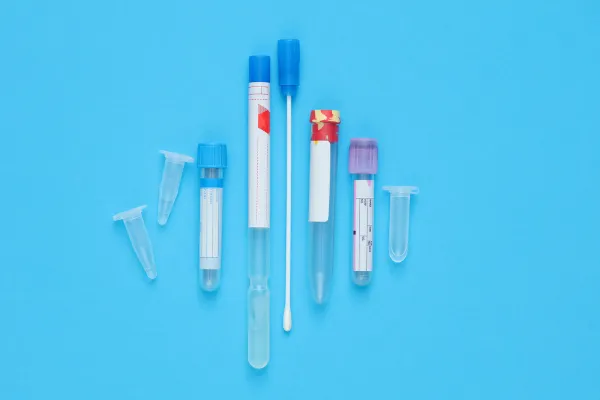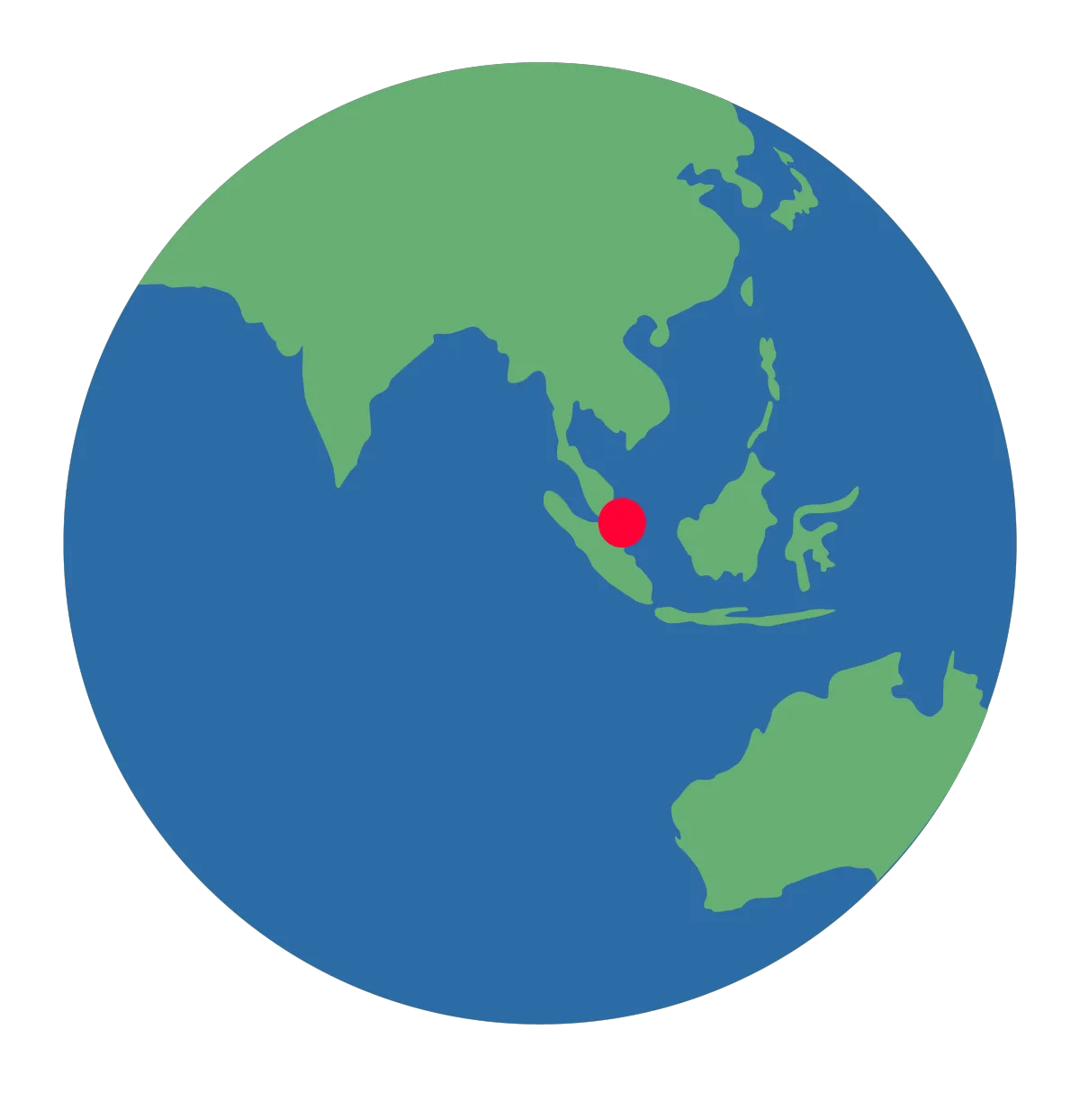
Testing For Celiac Disease After Going Gluten-Free
I’m Already Gluten-Free, But What If I Was Misdiagnosed?
Many people go gluten-free because they feel better without it, and that’s an important clue that something isn’t right. But if you stopped eating gluten before getting tested for celiac disease, there’s a chance that your symptoms were caused by a serious autoimmune condition that was never properly diagnosed.
So what do you do now?
If this sounds like you, you're not alone. More and more people across Asia are discovering that their symptoms improve off gluten, but they were never given the chance to understand why. And many were told they had IBS, stress, or food sensitivities, without ever being tested for celiac disease at all.
A formal diagnosis still matters, but what your options are if you’re already gluten-free yet suspect you may have celiac disease?
Why It’s Important to Know for Sure
Even if you feel better off gluten, getting a confirmed diagnosis can make a big difference to your health and long-term care.
Here’s why:
1. Celiac disease is serious.
It’s not just a dietary preference, it’s an autoimmune condition that requires lifelong medical follow-up and nutritional care. Without proper monitoring, people with undiagnosed celiac disease can develop:
Nutrient deficiencies
Osteoporosis
Fertility issues
Delayed growth in children
Increased risk of other autoimmune conditions
2. It’s hereditary.
If you have celiac disease, your children or siblings may also be at risk. Knowing your diagnosis helps protect your family’s health.
3. A confirmed diagnosis opens doors.
In some countries and regions, having a formal diagnosis helps with:
Access to medical support
School accommodations
Travel documentation for gluten-free meals
Insurance or food labeling advocacy
BUT...Testing While Gluten-Free Doesn’t Work
Celiac testing relies on finding specific antibodies in your blood and seeing damage in your small intestine. But both of these markers only show up when you’re eating gluten regularly.
If you've already stopped eating gluten, even for a few weeks, your test results may come back normal, even if you dohave celiac disease.
This is why many people who were self-diagnosed (or told they had IBS) later discover that they were never properly evaluated.
What Are The Options If Already Gluten-Free?
If you’ve been gluten-free for a while but want to confirm whether or not you have celiac disease, you do have options.
1. Gluten Challenge (Under Medical Supervision)
This is the most direct method for getting accurate results.
You go back to eating gluten daily for 6 to 8 weeks, usually the equivalent of 2 slices of bread (10 grams of gluten) twice a day.
After this, blood tests are done to check for celiac antibodies.
If those are positive, a biopsy may follow to confirm the diagnosis.
This process can be uncomfortable, especially if you react strongly to gluten. But it’s the most effective way to get a clear diagnosis.
If you're considering this, it’s best to speak to a healthcare provider first. Bridget, a registered dietitian working in Singapore, can guide you through the process safely and help you decide if it’s right for you.
2. Genetic Testing
Genetic testing checks for the presence of HLA-DQ2 or HLA-DQ8 genes. These genes are required for someone to develop celiac disease.
If you don’t have either gene, you can rule out celiac disease permanently.
If you do have the gene(s), it doesn't confirm the disease, but it means you're still at risk.
This test doesn’t require eating gluten, so it can be a helpful first step if you're unsure about doing a gluten challenge.
You Deserve Real Answers
If you’ve been gluten-free for months or years and still don’t know whether you have celiac disease, you deserve clarity. A proper diagnosis helps you manage your health with confidence, and helps others in your community by raising awareness about how celiac disease looks in Asian and Southeast Asian populations.
Remember, celiac disease has long been under diagnosed in Asia, especially in people who don’t fit the “typical” profile doctors were trained to recognize. But that's changing, thanks in part to people like you.
Share Your Experience, Help Others Get Diagnosed
We are collecting information from people of Asian or Southeast Asian heritage living in Singapore, Malaysia, Indonesia, or China who:
Have been diagnosed with celiac disease
Suspect they may have celiac disease but struggling to get a diagnosis.
This is not a medical study, it’s a community awareness project to help local doctors and dietitians better understand how celiac disease may be affecting people in this region.
Fill out our short and confidential form to share your experience. You’ll be contacted by Bridget Marr, a Registered Dietitian who works with local gastroenterologists in Singapore.
Your voice can help shape how celiac disease is diagnosed and treated in Asia.


